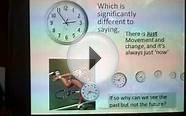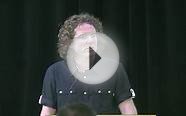
Semantics examples sentences
Let $P_2$ be the conjunction of the finite set of Peano's postulates for second-order arithmetic. These have only one full model, which is the standard model of second-order arithmetic.
We know from the incompleteness theorems that, no matter what consistent, effective extension $X$ of $P_2$ we consider, there will be some sentence $\phi_X$ in the language of arithmetic that is true in the standard model but not provable in $X$.
In particular we can let $X$ include the complete deductive system for second-order logic, the full comprehension scheme for second-order arithmetic, and the full scheme for the axiom of choice in second-order arithmetic, and any other effective axioms schemes we like.
As long as we keep $X$ consistent and effective, $P_2 \to \phi_X$ will be true, and thus valid in full semantics, but $P_2 \to \phi_X$ will not be valid in Henkin semantics. Because we let $X$ include the entire deductive apparatus of second-order logic and the comprehension and choice schemes, we don't have to worry about Henkin models of $X$ that might not satisfy these schemes.
This suggests the right way to visualize the difference between full and Henkin semantics: full semantics, in many cases, are just another way of talking about truth in a canonical "standard" model, while Henkin semantics correspond to provability instead.
As one example of how strong $X$ could be, it could include the entire set of sentences of second-order arithmetic that are provable in ZFC (this is an r.e. set of sentences, so it makes an effective axiom scheme). Then $\phi_X$ will be a true sentence of second-order arithmetic, so $P_2 \to \phi_X$ is valid in full semantics, but $\phi_X$ (and also $P_2 \to \phi_X$) will remain unprovable even if we assume as an axiom every sentence of second-order arithmetic that is provable in ZFC.
You might also like









